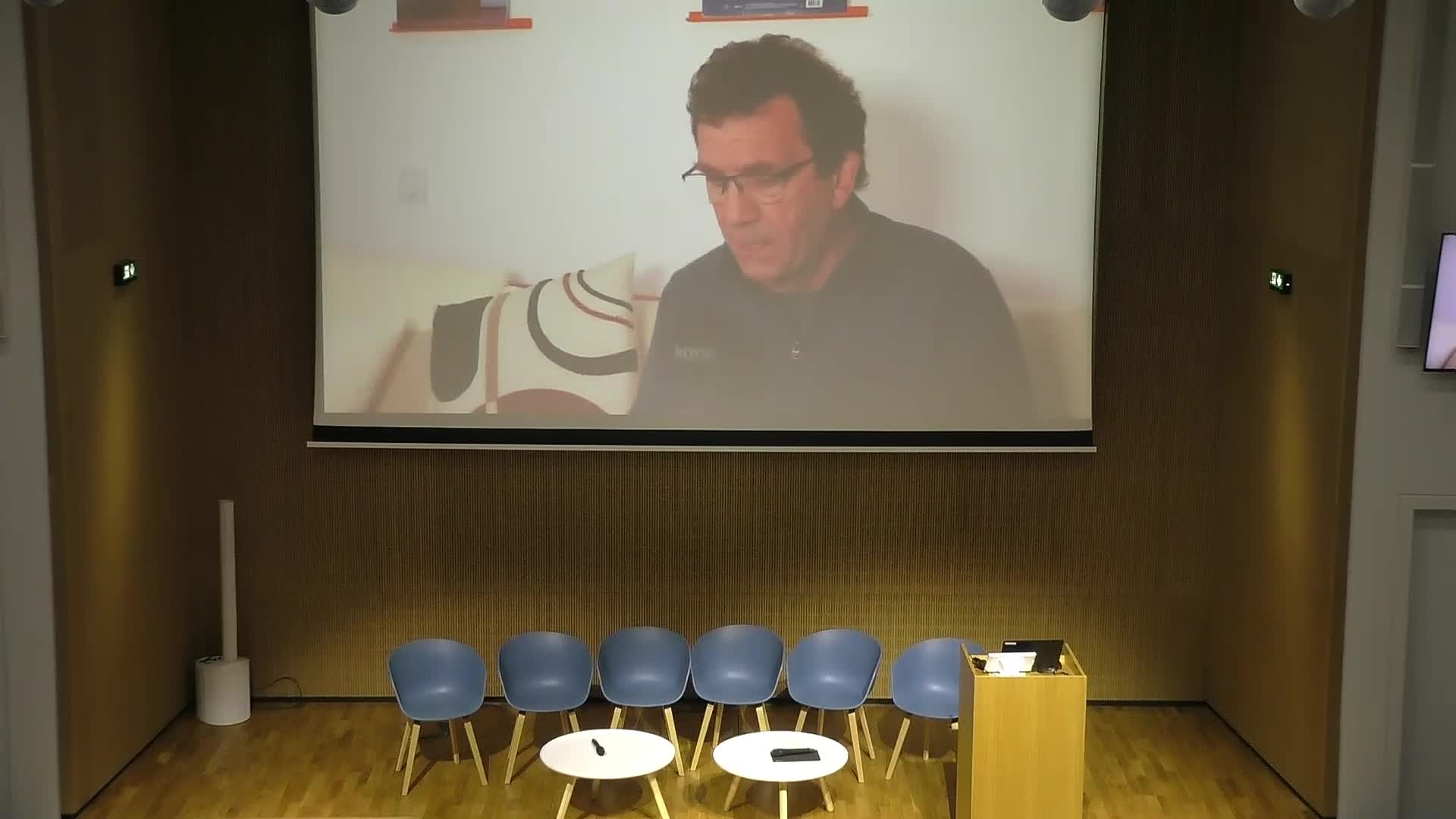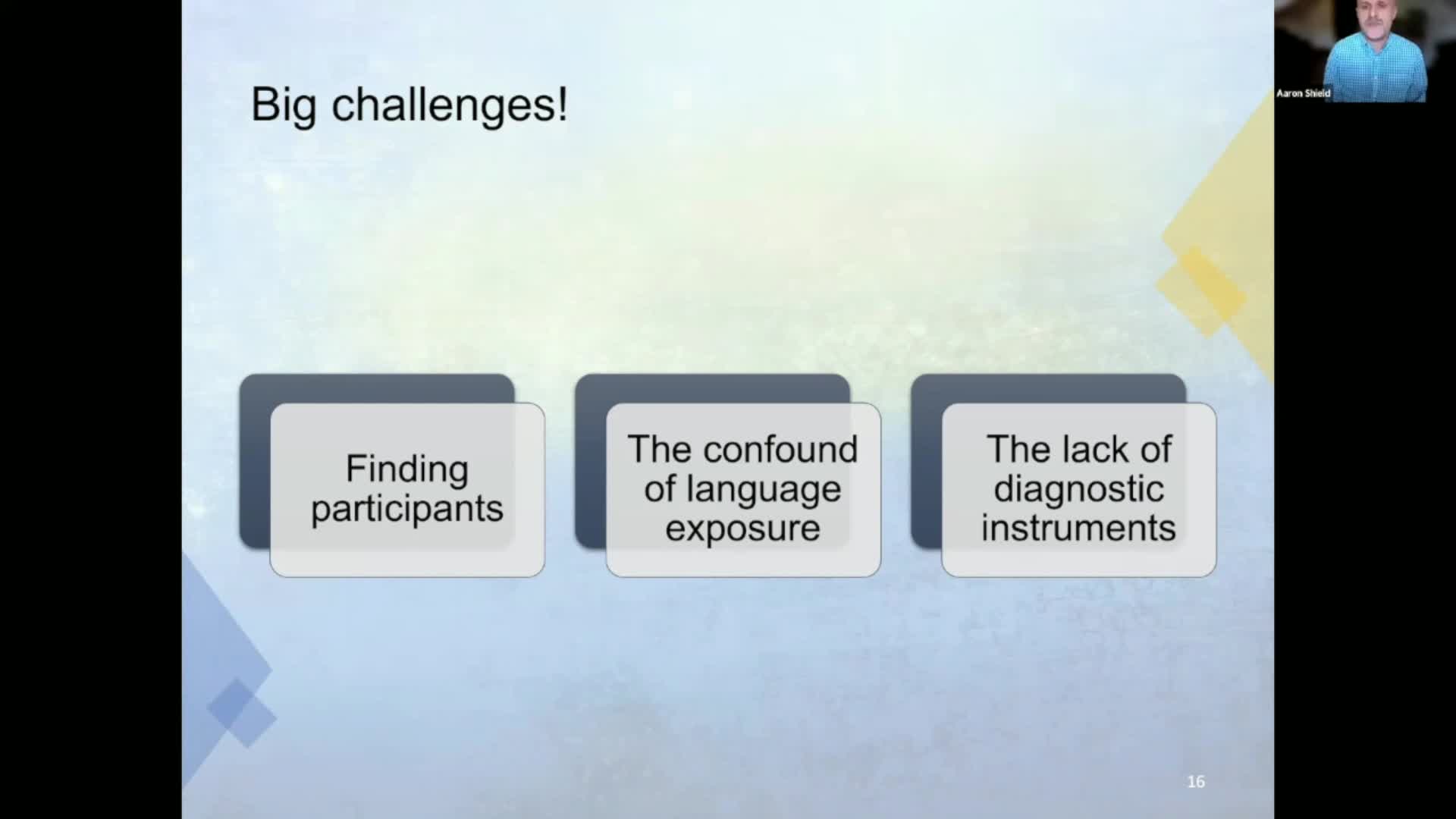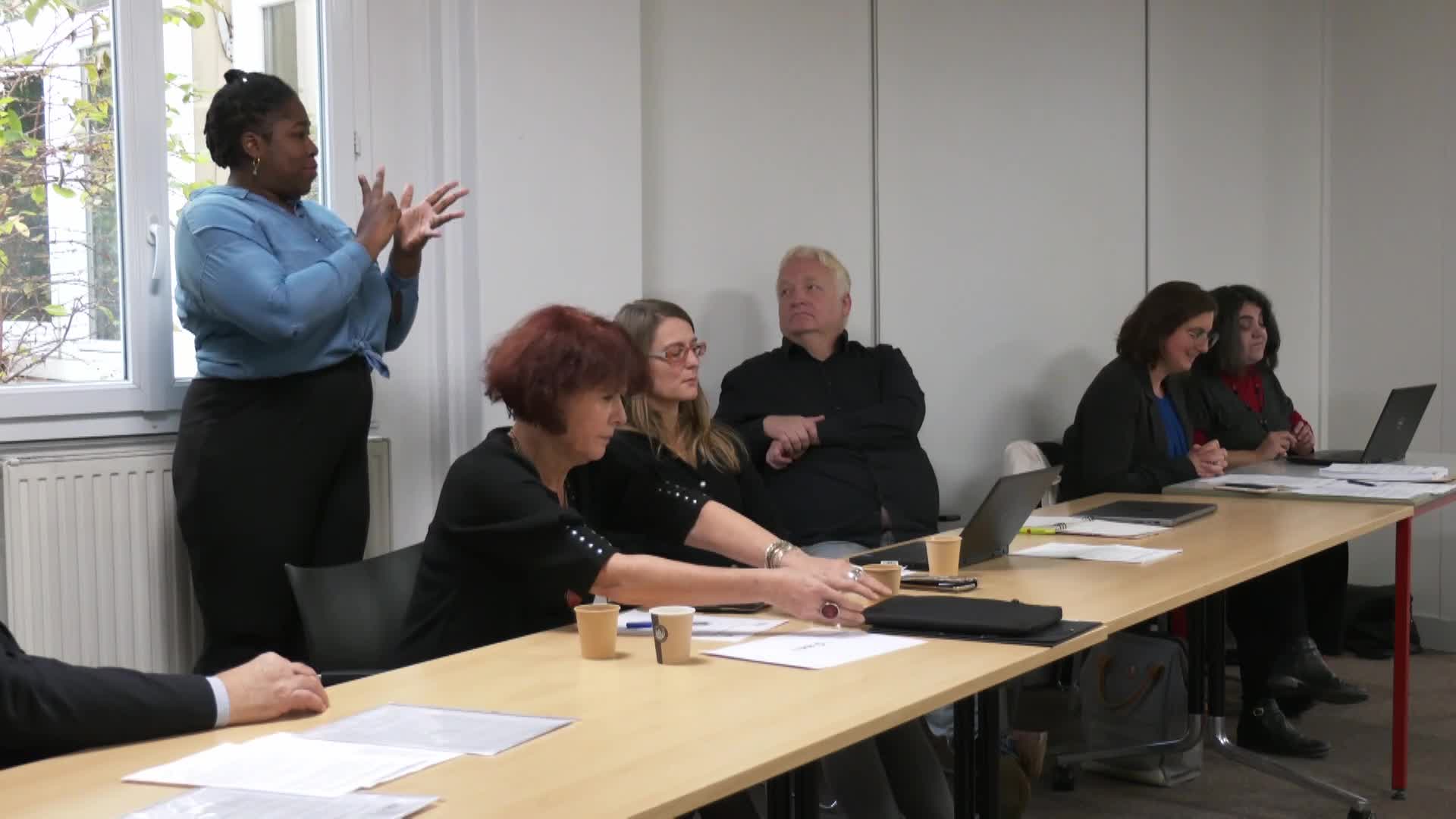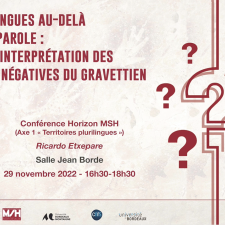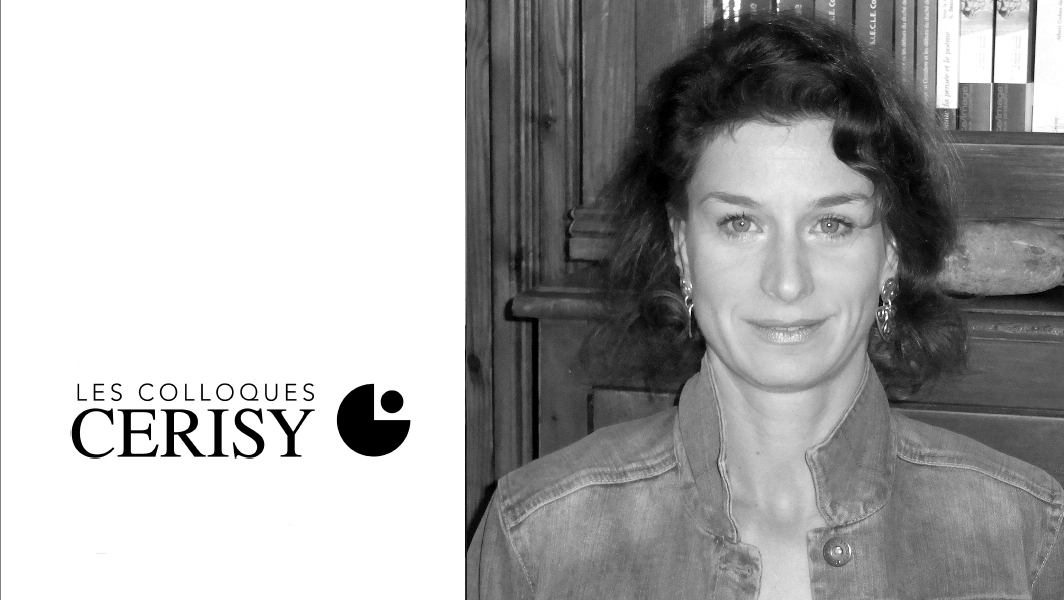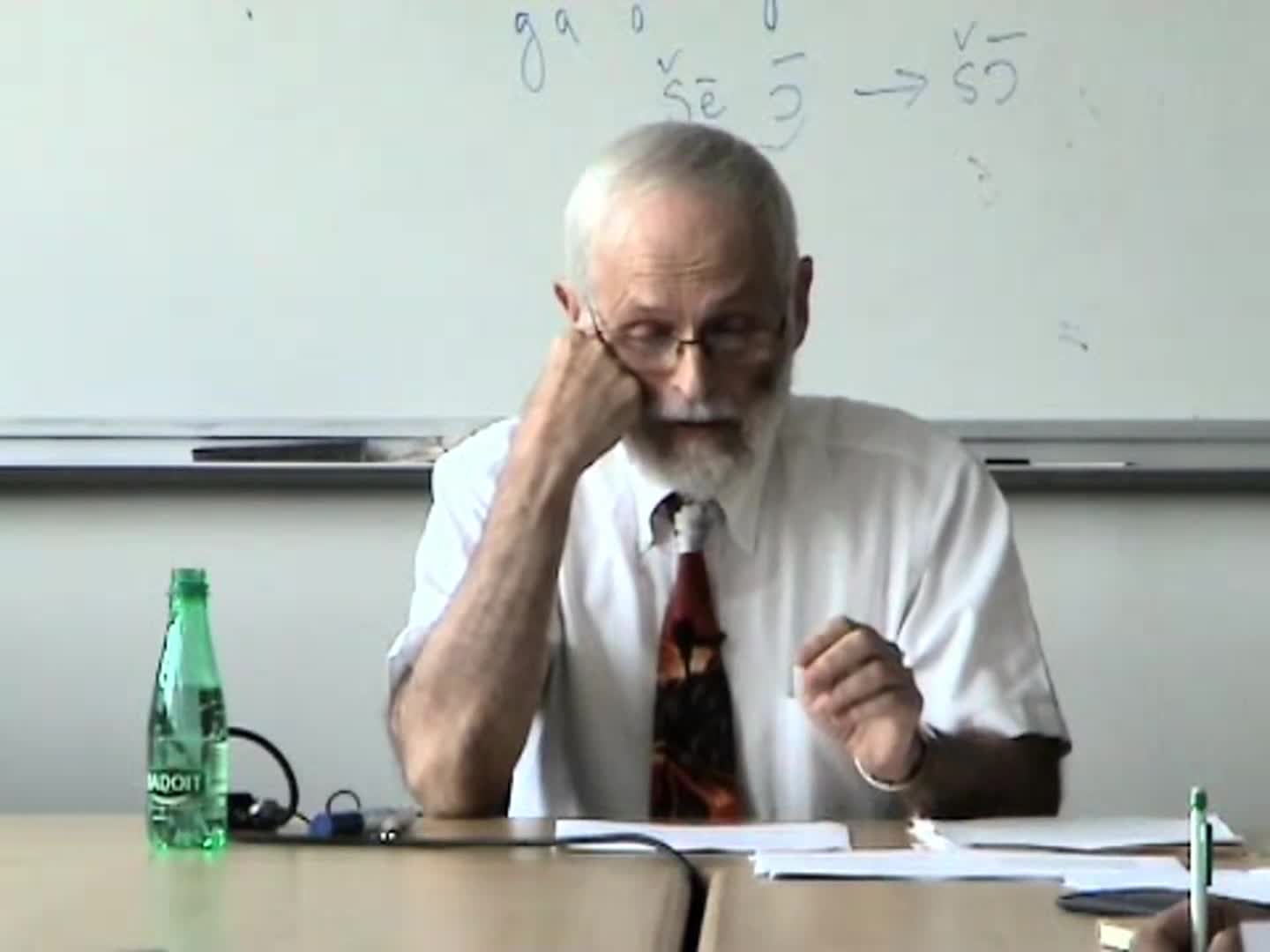Notice
Language within the mosaic of social cognition
- document 1 document 2 document 3
- niveau 1 niveau 2 niveau 3
Descriptif
In spite of high genetic overlap and broadly similar neural organization between humans and non-human primates, humans surpass all other species in their abilities to solve novel problems, in the sophistication of their social and emotional reasoning mechanisms, and in the richness and flexibility of their communication system. How exactly these cognitive capacities evolved in humans remains debated. I will discuss three brain networks that support high-level cognition and the relationship among them: (i) the domain-general Multiple Demand (MD) network that has been linked to general reasoning abilities, novel problem solving, and fluid intelligence, (ii) the domain-specific network that supports social cognition, and iii) the domain-specific network that supports language processing. I will argue that although the three networks are highly neurally dissociable, a stronger relationship holds between the language and the social-cognition networks compared to the relationship between each of these networks and the domain-general MD network. In particular, the language and the social-cognition networks a) show broadly similar topography within the temporal and frontal cortex manifesting as parallel interdigitated networks, b) exhibit reliable synchronization in their activity in naturalistic cognition paradigms, c) pattern together in some developmental and acquired disorders, and d) may be interchangeable in the course of development in the face of extensive early brain damage. I will therefore argue that our sophisticated linguistic mechanisms were parasitic on the social mechanisms rather than on mechanisms that support general fluid general reasoning and abstract hierarchical thought.
Thème
Dans la même collection
-
A neural model of sensorimotor experience, and of the representation, storage and communication of …
Many cognitive scientists have advanced ‘embodied’ models of human language, in which language is connected in some way to the sensorimotor (SM) mechanisms that engage with the world. I’ll introduce a
-
Dialogue Context in Memory
Recent years have seen the emergence of theories that can be used to analyze a variety of phenomena characteristic of conversational interaction, including non-sentential utterances, manual
-
How Do Pre- and Post-Encoding Processes Affect Episodic Memory?
What post-encoding processes cause forgetting? For decades there had been controversy as to whether forgetting is caused by decay over time or by interference from irrelevant information, and a
-
How prosody helps infants and children to break into communication
GervainJuditThe talk will present four sets of studies with young infants and children to show who prosody helps them learn about different aspects of language, from learning basic word order through
-
The neuropragmatics of dialogue and discourse
In real life communication, language is usually used for more than the exchange of propositional content. Speakers and listeners want to get things done by their exchange of linguistic utterances.
-
Multimodality and Memory: Outlining Interface Topics in Multimodal Natural Language Processing
Multimodal dialogue, the use of speech and non-speech signals, is the basic form of interaction. As such, it is couched in the basic interaction mechanism of grounding and repair. This
-
Modelling Memory with Types: semantics and neural representation
I will argue that record types in TTR (a type theory with records) can be used to model mental states such as memory or belief. For example, a type modelling a belief or memory state is a type of
-
Universal Anaphora and Dialogue Phenomena
Universal Anaphora and Dialogue Phenomena
-
Episodic memory and the importance of attribution processes to assess the retrieved memory contents
The Integrative Memory model describes the core mechanisms leading to recollection (i.e., to recall qualitative details about a past event) and familiarity (i.e., to identify some event as
Sur le même thème
-
Quand la BD reveille l'Antiquité
LonniMarieGallegoJulieDans ce neuvième épisode, Marie Lonni a pu échanger avec Julie Gallego.
-
Projet ORDI-GOAL
MagordAndréBellyMarlènePrésentation du projet ORDI-GOAL – Oralité Dynamique : Grand Ouest français, Acadie, Louisiane, lauréat de l’appel à projets CollEx-Persée 2022.
-
Quels ouvrages écrivent les locuteurs du croissant ?
PisuRafaëlloÉtudier les parlers locaux ne se limite pas à analyser les langues en tant que système linguistique. La sociolinguistique a pour postulat de base qu'on ne peut s'intéresser à une langue sans prendre
-
Le croissant dans l’atlas sonore des langues régionales de France
Boula de MareüilPhilippeDepuis quelques années, dans le laboratoire LISN du CNRS, on développe un atlas sonore des langues régionales de France qui prend la forme d'un site web présentant une carte interactive de France,
-
Exposition à une langue des signes de personnes avec troubles du spectre de l’autisme : bilan des r…
ShieldAaronVanbruggheAnneCruveillerVirginieGérardChristelleJournée d’études sur les thèmes associés de la langue des signes française (LSF) et des troubles du spectre de l’autisme (TSA), dans le cadre d’une recherche en cours sur les interactions gestuelles,
-
Soutenance de thèse : Robert GAVRILESCU
GavrilescuRobertGarciaBrigitteSallandreMarie-AnneNystVictoriaRathmannChristianBogdanGeluSoareElenaSoutenance de thèse : Robert GAVRILESCU Description linguistique de la Langue des Signes Roumaine. Analyse de la variation linguistique et sociolinguistique dans deux régions roumaines
-
Des langues au-delà de la parole : une réinterprétation des mains négatives du gravettien
EtxepareRicardoDes langues au-delà de la parole : une réinterprétation des mains négatives du gravettien
-
Externaliser la mémoire : la réalité augmentée comme prothèse cognitive
Présentation orale de travaux de recherche par Nicolas CROZATIER (UGA, IPhiG/CPM) lors de Screen Day 2022.
-
Pour en finir avec l’impressionnisme littéraire. Un essai de métastylistique
À travers le cas de l'impressionnisme littéraire, cet article se propose d'interroger une forme de « réalisme » qui s'est construite sur « un rapport au référent orienté par la notion de fidélité »
-
Quand avons-nous besoin de la moralité ?
Une réflexion sérieuse sur l’empathie ne peut négliger les nombreuses recherches qui montrent que les expressions émotionnelles des membres d’un "hors-groupe" ne suscitent pas la même résonance
-
Conférence du professeur Frank Lichtenberk | Apparition et disparition des classificateurs possessi…
LichtenberkFrankConférence de Frank Lichtenberk (Université d'Auckland, Nouvelle-Zélande) | Apparition et disparition des classificateurs possessifs en austronésien / The rise and demise of possessive classifiers in
-
conférence du Professeur James A. Matisoff | Les initiales laryngales primaires et secondaires en T…
MatisoffJames A.Conférence du Professeur James A. Matisoff (Université de Californie, Berkeley) | Les initiales laryngales primaires et secondaires en Tibéto-birman | 06 mai 2009 | CNRS - Langues et Civilisations à












